Mitochondria are the powerhouses of our cells. Think of them as our body’s batteries. Mitochondrial disease causes these batteries to run low. Some CMTs fall under the umbrella of mitochondrial diseases, which account for approximately 1 in 4000 people worldwide. Like CMT, each “Mito” disease is unique and can be present at birth or later in life. They are typically progressive, causing motor and sensory dysfunction, and may include developmental or cognitive disabilities.
How do mitochondria affect CMT?
Mitochondria are the organelles responsible for producing energy within cells through a process called oxidative phosphorylation. In Charcot-Marie-Tooth (CMT) disease, some subtypes can affect the function of mitochondria, leading to decreased energy production and increased oxidative stress. This can contribute to the development of peripheral neuropathy, which is the primary symptom of CMT.
In addition to producing energy, mitochondria also play a role in several other cellular processes that can be affected by CMT. For example, mitochondria are involved in calcium homeostasis, which can be disrupted in some forms of CMT. Mitochondria also regulate apoptosis, or programmed cell death, which may contribute to the loss of motor and sensory neurons in peripheral neuropathy.
How is HNF funding mitochondrial CMT projects?
HNF is investing in natural history studies, and biomarker development to advance repurposed and novel drugs, gene therapies and to support HNF TRIAD industry partners for many subtypes of Mito CMT.
How can patients participate in research?
How alterations in mitochondrial motility impact mitochondrial function in CMT remains poorly understood. To help support answers, join GRIN & complete ClinGen surveys! After you enroll in GRIN (JoinGRIN.org) and complete the Natural History Study survey, you can provide mitochondrial info through the ClinGen surveys! The ClinGen surveys start with the Health & Development survey. Depending on your answers, you will have additional, more specific surveys such as Bones & Cartilage, Blood & Bleeding, Eyes & Vision, etc. If you have not yet done so, please complete all assigned ClinGen surveys.
Important: If you are willing to provide a biological sample to advance biomarker research, please email [email protected] with your contact information (name, date of birth, address (City/State), and phone number)
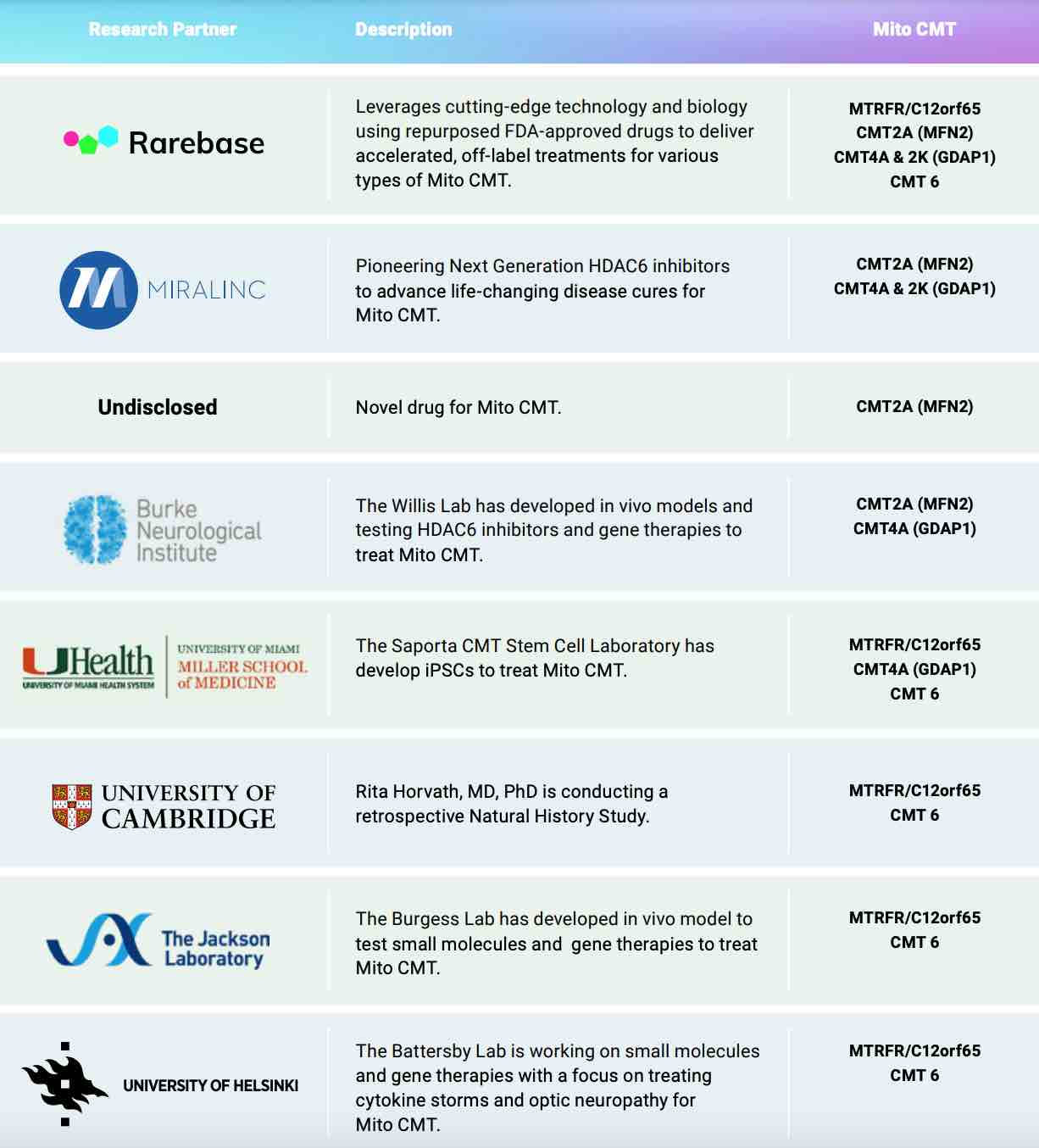





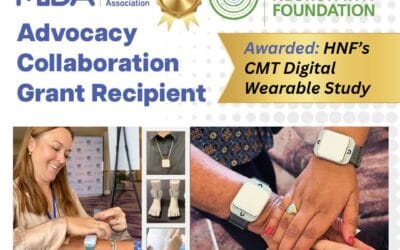
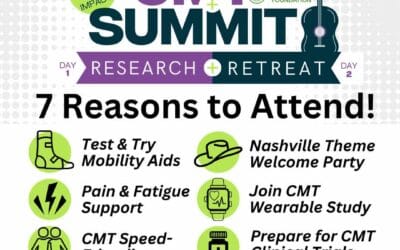
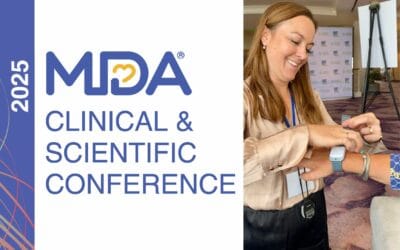
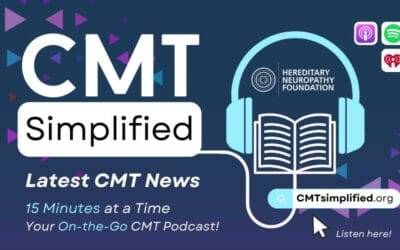
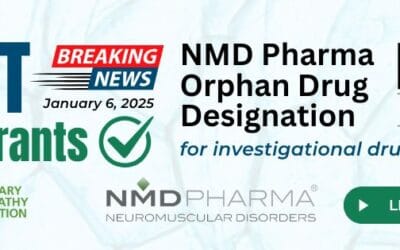

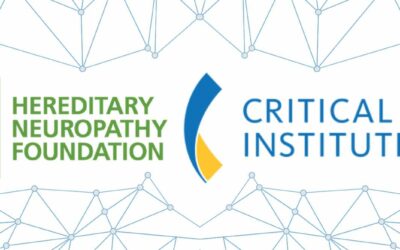

0 Comments